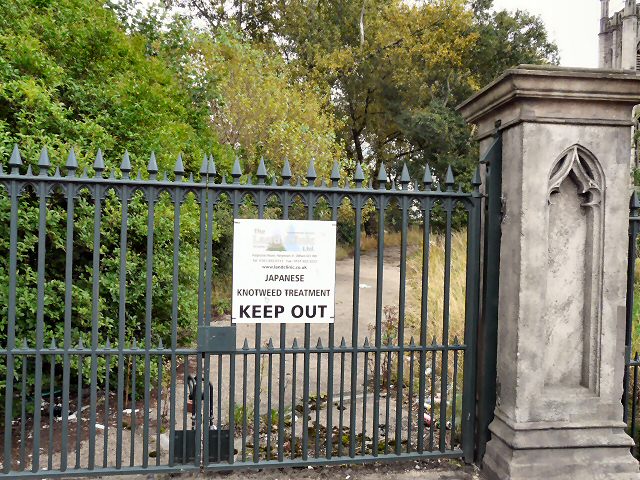
Japanese Knotweed has blighted the UK landscape since its introduction in Victorian times. The ornamental plant is very resilient, spreads very quickly and can grow through many hard materials including tarmac, paving stones and even the foundations of buildings.
It is both costly and very difficult to treat and remove and many homebuyer surveys include specific questions asking the owner of the property to advise if it is present on their land.
Failure to disclose this specific information does have legal ramifications, as was seen the week of January 23rd, 2023, in the Central London county court. During this case, a homebuyer who did not declare the presence of this invasive plant in his back garden has been issued with a court bill of £200,000.
Why is Japanese Knotweed Bad?
While this plant may not look like it could cause havoc, it is extremely relentless with its growth. There have been many cases where this plant has flourished, taking over natural ecosystems, killing off other plants and spreading wildly.
The real problem for property owners is that this plant is capable of growing through, walls, tarmac and even concrete. This can cause devastation to properties, damaging the foundation and the walls. Japanese knotweed house damage can create huge repair costs in addition to the price of removing the offending plant.
What does Japanese Knotweed do to House Values?
The judgement above in London is one of many resulting in homeowners being prosecuted and fined.
The presence of Japanese Knotweed and the costs to repair the damage it causes and to remove it can be significant, and will impact on the value of a property.
In a case closer to home in Swansea, the home in question was valued between £70,000 and £80,000 but estate agents advised her that she should expect to receive around £45,000 as a result of the Japanese Knotweed. This deterioration in price is down to the destructive nature of the plant, which can pose a serious threat to the property by growing through walls and weakening foundations.
Furthermore, because it is so resilient it requires specialists to remove the plant and prevent it from coming back. This in itself can be a very expensive process and as the land that was afflicted was ‘unregistered’ by the Land Registry, it would have to be undertaken and paid for by the concerned property owners.
What to do if You Find Japanese Knotweed on Your Property
Sadly, these stories aren’t the anomaly. Many people find that the true value of their house is drastically less than they believe it to be. Even the slightest trace of Japanese Knotweed on or near to your property can cause the value of your home to hit rock bottom.
If this plant is found in areas with a history of Japanese Knotweed, you will require a specialist survey at additional cost. While sometimes this may seem like an over-reaction, the damage and risk that this plant poses to properties can cause serious damage and even make the property uninhabitable.
Certain banks, including Santander, will refuse mortgage application to any property where Japanese Knotweed is present within a 50-metre radius. This has caused houses affected by Japanese Knotweed to fall even further as it is extremely difficult to find a lender who will finance the purchase.
Points to Bear in Mind
Claims arising from Japanese Knotweed often happen when a property has recently been purchased and the seller has failed to notify the purchaser that knot weed is present. If a seller believes there is a risk of knotweed being present on their property, they should be careful how they complete any Property Information Form during the sale process. In these circumstances, the intended seller should speak to their solicitors and seek advice on how best to complete any such form.
Claims also arise when knotweed has escaped from neighbouring properties. This is often from the side of railways lines or public parks, which means that the likely Defendants to any Court proceedings have the financial ability to pay any damages awarded against them.
Homeowners can be sued as well, and it is therefore sensible to regularly check your garden to see if there’s anything growing within it that could be knotweed.
How Howells Can Help
Our litigation team has experience and expertise in prosecuting and defending claims involving Japanese Knotweed. We would be happy to assist you if you think you have a Japanese Knotweed claim that you need to bring or defend.

